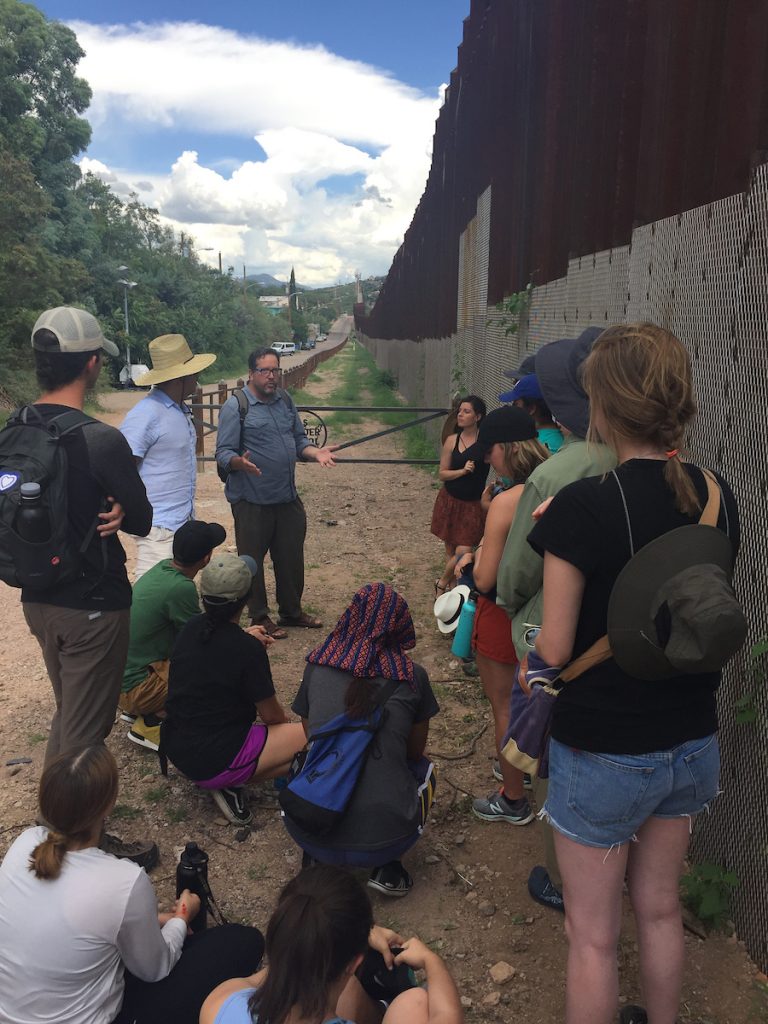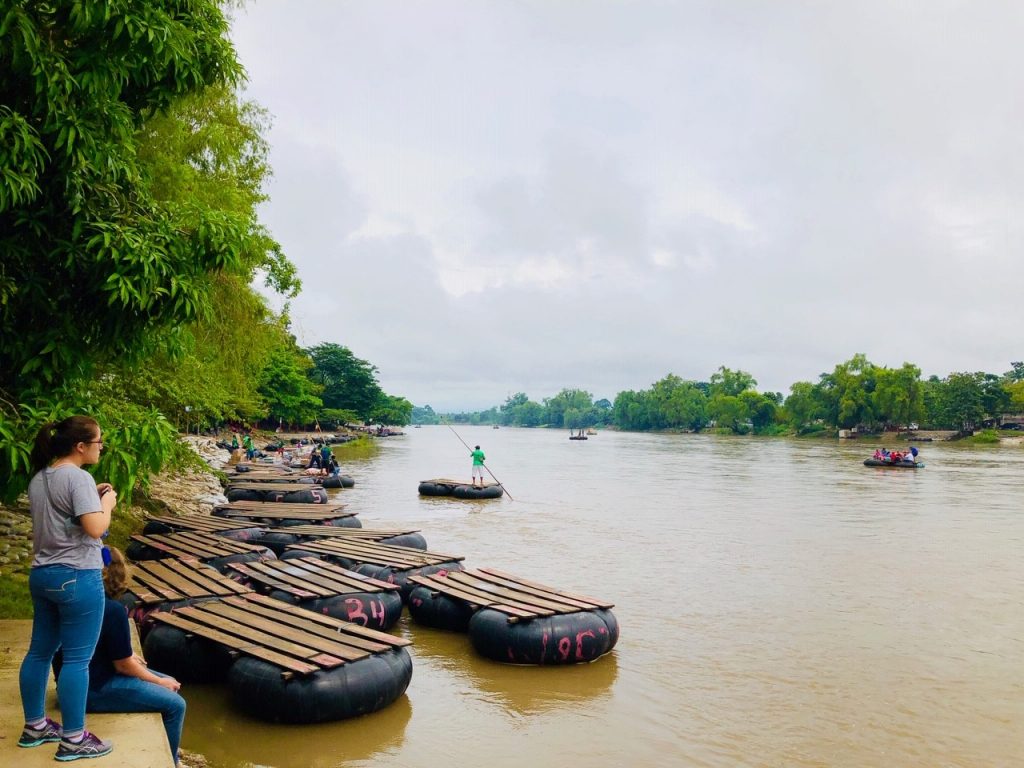What migrants teach us about ourselves
October 26th, 2018 | Faculty, SIT Study Abroad

By Omar Núñez Méndez
Academic Director
SIT Mexico
Before they are migrants, those who leave their countries are mothers and fathers, sons and daughters, uncles and aunts, brothers and sisters with dreams, desires, and fears.
The entry to Mexico of thousands of Central American migrants is being met with worrisome hate speech and xenophobia that is being heard and read in Mexico and the United States. This brings into sharp focus the importance of SIT’s Mexico program, Migration, Borders, and Transnational Communities, and the opportunities it creates to help us understand, in a critical and informed way, the realities that surround this complex migratory phenomenon.

Just a few weeks ago, our students had the opportunity to visit the state of Chiapas and speak with those who help, directly, immediately, and without prejudice, the people who have been forced to leave their homes, their land, and their communities. We heard their stories of resistance. We walked along the banks of the Suchiate River, where every day, hundreds of people cross the border between Guatemala and Mexico on rafts and even on foot. We saw and heard about the humanitarian crisis in Central America through the testimonies of those who live and suffer from it — a crisis that kills, oppresses, and expels.
We also heard the stories of those who dedicate their lives to helping every migrant who crosses their path. We are grateful to all those who gave us their time and shared their stories with us — for they help us remember that, before they are migrants, those who leave their countries are mothers and fathers, sons and daughters, uncles and aunts, brothers and sisters with dreams, desires, and fears. Before they are migrants, they are people who work, who believe, who laugh, and who love. They share a common space of land and air with all of us. They are not only migrants, they are human beings of great strength, courage, and integrity. We can and do have a lot to learn from each one of them.
This program motivates us to raise our voices and contribute, in any way we can, to confronting the discourse that dehumanizes people and motivates violent and aggressive actions against those who are fighting for their lives, their dignity, and their families.
